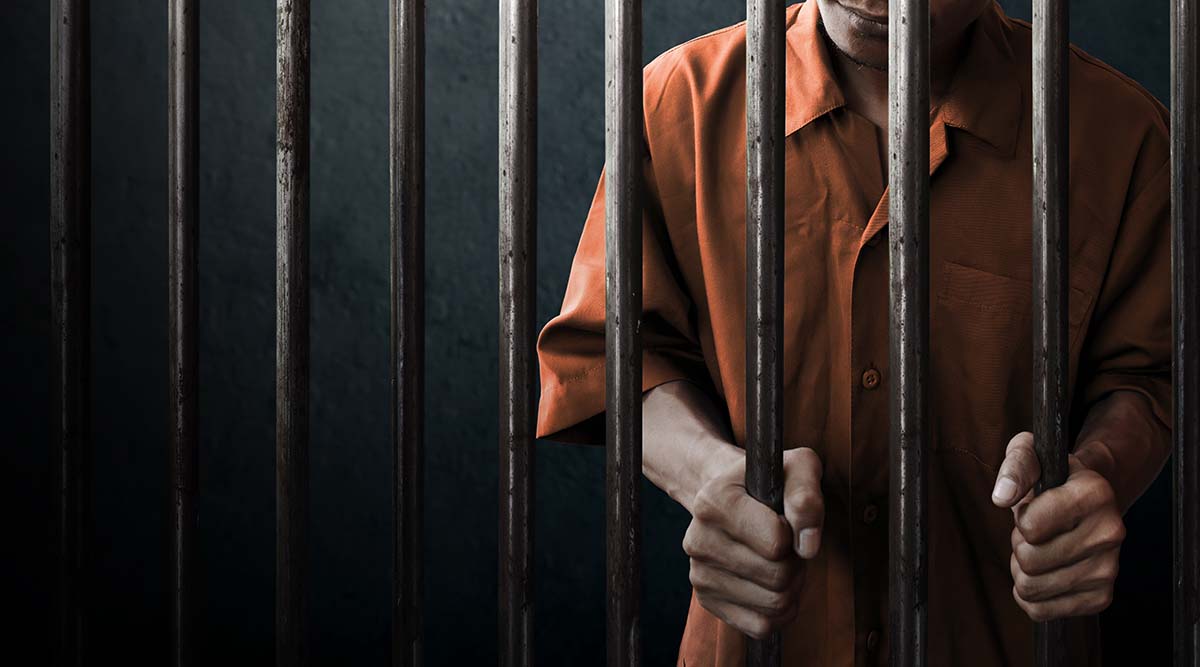Bankruptcy and Foreclosure: The Effects on Your Credit Score
 We all hope for the best in life but things don’t always go according to plan. Many people have had to go through financial struggles that necessitated nearly impossible choices.
We all hope for the best in life but things don’t always go according to plan. Many people have had to go through financial struggles that necessitated nearly impossible choices.
If you’re finding it impossible to make timely loan and debt payments, you may find yourself in the situation of having to either accept an impeding foreclosure or initiate the bankruptcy filing process. Which one is going to affect you in a worse way and can the two even be compared?
Bankruptcy or Foreclosure in Arizona: An Overview
It’s not easy to make either choice, which is why you should preferably speak to a professional. An Arizona bankruptcy attorney and a financial counsellor will give you a good idea about the gravity of the situation and the best ways to address it.
A foreclosure remains on your credit report for seven years. Chapter 7 bankruptcy will remain on your report for 10 years and a Chapter 13 bankruptcy is deleted after seven years. This doesn’t mean, however, that the foreclosure is better than liquidation bankruptcy.
The impact of a foreclosure will be felt the most by those who attempt to buy a house again in the future.
Mortgage lenders will have access to the information, which is why the range of home financing products to choose among is going to be severely limited. Foreclosures are taken very seriously in such instances and a bankruptcy isn’t going to have the same negative impact.
The reasoning is easy to understand – if you couldn’t pay off a mortgage the first time around, you are considered a high risk borrower. Hence, financial institutions may be unwilling to offer a new mortgage or the conditions are going to be unfavorable.
Understanding the Consequences of an Arizona Bankruptcy
Foreclosures will affect your ability to access funds and buy property in the future but how about bankruptcy filings?
For a start, the kind of bankruptcy you go for will be determining for the impact on your credit score.
If you go for a Chapter 13 bankruptcy, you will get to keep your house and your property. It is often used as an option to actually rebuild your credit. Making timely payments and getting a discharge in the end of the bankruptcy period will wipe out your debt and enable you to regain your financial independence.
As already mentioned, Chapter 7 bankruptcies will remain on your credit report for a period of 10 years. Discharged debt will drop off your report within seven years. This means that with the passage of time, the filing will have a less pronounced effect on your credit score. The gradual disappearance of debts is another main difference between a bankruptcy filing and going through a foreclosure.
A Few Other Important Facts
One very important thing to understand is that the higher your credit score before the financial issue occurs, the harder you’re going to be hit.
FICO released a report about how bankruptcy and foreclosure will affect two individuals – one having a credit score of 680 and one having a credit score of 780.
In the case of the 680 FICO score, bankruptcy contributed to a reduction to 530-550 points and the foreclosure led to a new score of 575-595.
The person that had a score of 780 saw a reduction to 540-560 in the case of bankruptcy and 620-640 for the foreclosure.
If you start with a high score, you will also need a longer period of time to get back to where you used to be before the bankruptcy or foreclosure.
To sum it up, foreclosures remain on your credit score for a shorter period of time and they reduce your credit score less than bankruptcies. The biggest downside, however, is a serious restriction on your ability to purchase a home in the future.
Deciding how you’re going to get out of financial trouble on your own is going to be very difficult. If you don’t fully understand the possibilities and their consequences, you should definitely speak to legal and financial professionals who will offer tailored guidance.
Click here to find out can utility bills be discharged in bankruptcy in Arizona?





